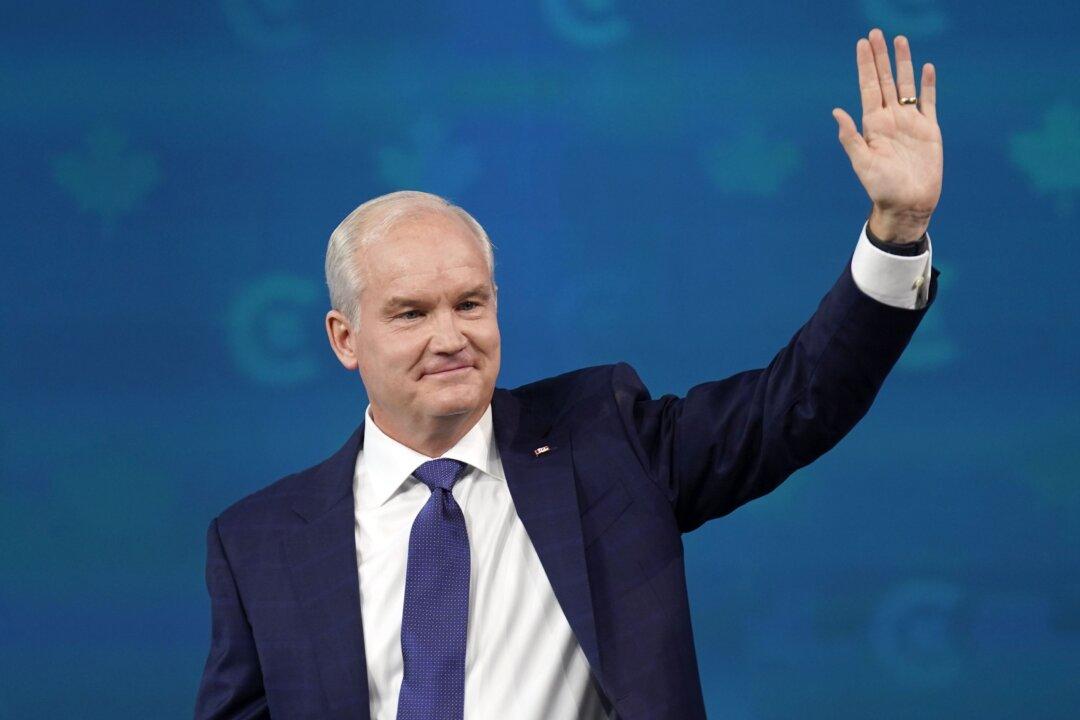News Analysis
Although Erin O’Toole set himself apart from his Conservative predecessors by endorsing multiple policies and positions aligned with progressive values, he didn’t fare any better than Andrew Scheer did in the 2019 election.

Although Erin O’Toole set himself apart from his Conservative predecessors by endorsing multiple policies and positions aligned with progressive values, he didn’t fare any better than Andrew Scheer did in the 2019 election.